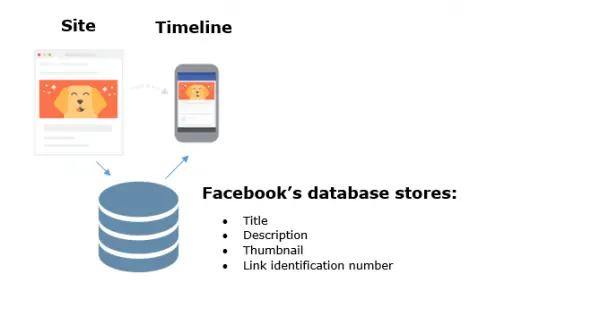Advantages, online world offers are aplenty, however, it carries with it a baggage of risks too. For instance, we as users are rarely bothered about how much data a company can gather about us from nothing more than our first name and a Facebook Like. Right?? Findings can be worrisome! A recent experiment by a security researcher Inti De Ceukelaire with Facebook elaborates the case in point. A vulnerability discovered in the
A recent experiment by a security researcher with Facebook elaborates the case in point. A vulnerability discovered in the Facebook messenger app shows links sent privately via it can be read by anyone. What’s worse? There’s no action taken yet on this front.

Sharing Links via Facebook Messenger App is risky
A vulnerability discovered in the Facebook messenger app shows links sent privately via it can be read by anyone. What’s worse? There’s no action taken yet on this front.
When a user for the first time shares a specific link on Facebook, Facebook’s crawler throws a look at the shared page,extracts the title, the description, and the thumbnail image, assigns a unique identifier and then stores this information.
On the next turn when Facebook displays the link, it simply fetches this information from the database. Through the right API calls a user can summon links shared by specific users in private messages. And as long as they’re shared in private messages, they’re logged in Facebook’s database, and accessible to API calls.
This bug points to some old lingering problems that still persist and the treatment favored for URLs by web services. All these conflicts expose private information for public view and more dangerously, leaves consumers in a tricky place.
Read more at the source.
Leave a Reply